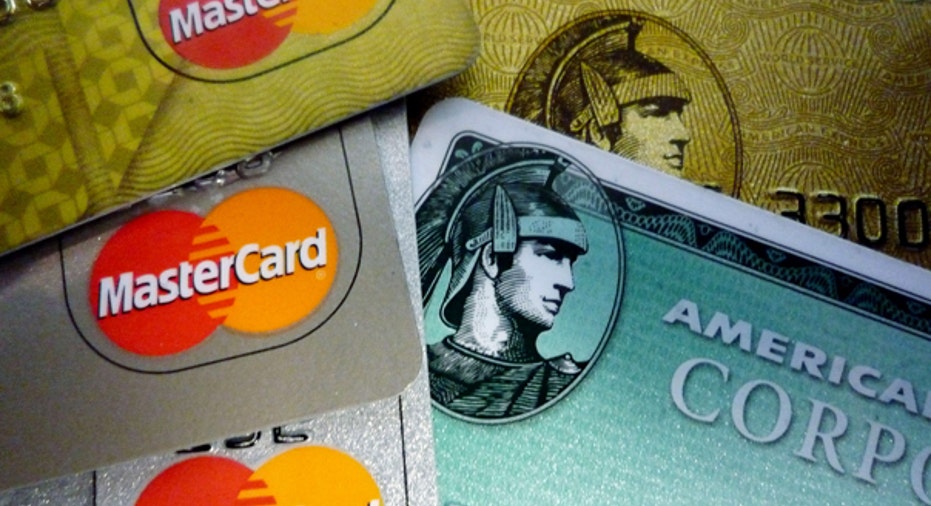A Minute Detail: The Time of Day Your Credit Card Bill is due Can Vary

Legal changes have standardized the bills from credit card companies, but there's still one area in which card issuers have different policies: the time of day that your payment is due.
It might sound like a trifling issue -- what difference do a few minutes or hours make? However, consumers nowadays are more likely to use multiple credit cards, and advances in technology have allowed people to schedule bill payments online with more precision. Experts believe more people are probably holding off paying until the actual day the payment is due.
If you wait until, say, after dinner to pay on that due date, your card company may or may not credit that payment as on time. For instance, if you have a Citi card and pay on its website, the payment is due at 5 p.m. Eastern time. But if you have a Bank of America card, you have until 11:59 p.m. Eastern. Other companies fall somewhere in between.
The stakes of missing those due times can be enormous: A late payment will typically cost you at least a $25 fee, plus interest charges.
It's unclear exactly how many people wait until the last minute to pay their bills, but it's clear that more consumers are paying online and that many wait to pay. A 2010 survey by the U.S. Postal Service found that just 48% of respondents paid credit cards by mail, an all-time low. A 2008 survey by the Federal Reserve Bank of Boston's Consumer Payments Research Center showed that 19% of consumers said they typically pay their monthly bills at the "last minute," within a week of the due date. Another question revealed that 46% of respondents said they occasionally forgot to pay bills on time, even though they had enough money in their bank accounts.
Experts say it's likely these trends have continued in recent years, as card companies have made paying online easier. They have also eliminated grace periods for late-arriving payments, a relic of an era when everybody paid by mail.
The Credit CARD Act of 2009 mandated plenty of changes to the ways credit card companies bill their customers. For instance, it ensured that due dates fall on the same day every month. Regarding late payments, the law says that if the due date falls on a weekend or holiday and the issuer does not process payments that day, a payment received the following business day is still considered on time. In practice, many card companies accept online payments on weekends and holidays.
In addition, the law ended the practice of establishing early cut-off times on the due date, says Chi Chi Wu, staff attorney with the National Consumer Law Center. Now, companies must set payoff times for 5 p.m. or later in the time zone where they accept payments. The law did not specify a time, just any time after 5. In practice, major card companies specify their due times in the Eastern time zone and enforce that time nationwide, so people in the Pacific, Mountain or Central zones have local due times that are earlier, as early as 2 p.m. Pacific (5 p.m. Eastern). Banks declined to discuss how they set their cutoff times.
Consumer groups say the issue of cutoff times on the last day rarely arose when the law was debated in 2009.
"For online payments, at the time, that wasn't part of our conversation because it wasn't being done that much," says Pamela Banks, senior policy counsel with Consumers Union. "That's not one that was on our radar at the time but probably should be."
IS IT LATE?
Major card issuers have different policies on when an online payment is credited for the same day. If you are charged a fee because you paid a little late, you might call and ask your card company to waive the late fee.
Time that card issuers must receive online payments for same-day credit:
Bank of America: 11:59 p.m. Eastern
Barclays: 7 p.m. Eastern
Capital One: 5 p.m. Eastern
Chase: 8 p.m. Eastern
Citi: 5 p.m. Eastern
Discover: 5 p.m. Eastern
American Express: 10 p.m. Eastern



















